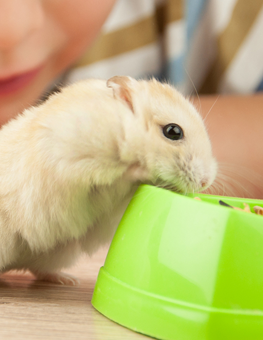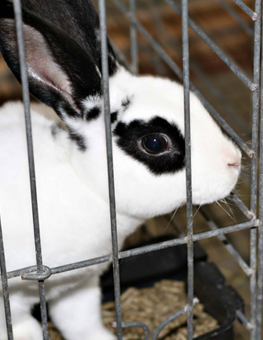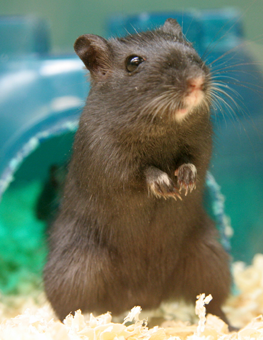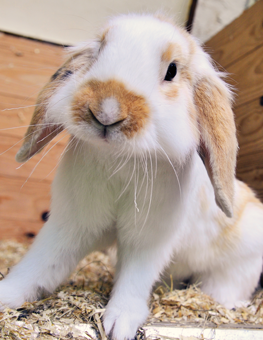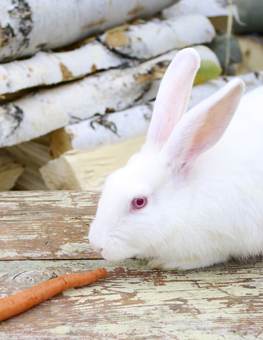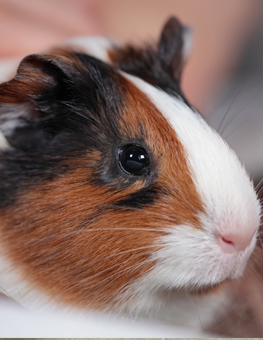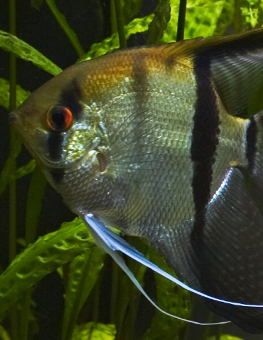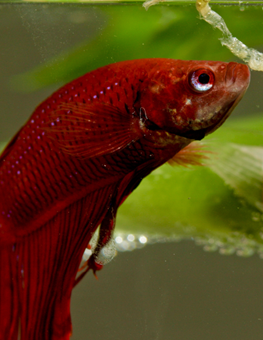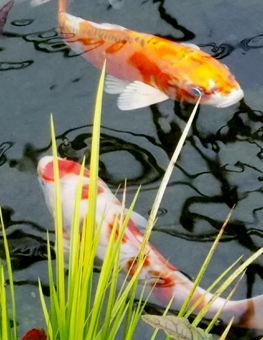Small Animal Bathing Basics
Changes in appearance could signal health problems.
Small animals (mice, rats, hamsters and gerbils) are clean, odor-free animals that self groom. An unusual smell or appearance is most likely due to poor health or poor habitat maintenance on your part.
Signs of poor health
- If a small animal develops a rough or unkempt coat, loses hair or exhibits staining in the tail area, it is a sign of poor health rather than poor grooming.
- Bathing your small animal is not the solution in this scenario, as it can strip the coat and skin of protective oils.
- If your pet’s coat appears rough or unkempt, contact your veterinarian and follow steps to ensure her habitat is clean and her feeding regimen is healthy.
Cage cleaning basics
Cleaning requirements can differ slightly from animal to animal. Follow these basic cleaning steps to help ensure a healthy environment for your pet:
- Remove your pet from her cage/tank, along with any toys, food dishes and water bottles.
- Dump out the old litter and vacuum up any remaining cage residue.
- Using only water, wipe down the cage/tank. Dish soap can be used if necessary; anything harsher can poison your pet.
- Thoroughly clean the food and water bowl and refill.
- Refill the cage/tank with clean toys and litter.
While this cleaning process isn't needed daily, it is important that your pet's food and environment are kept clean. Fresh food and water should be provided daily.
Grooming exceptions and misconceptions
While most small animals need little to no grooming help from their owner, a select few require some help.
- If you own a chinchilla: she will need a dust bath every few weeks. It is important to check with your local pet retailer to find the correct powder product.
- If you are a rat owner: you may have heard that a rat's teeth need to be shaved down to prevent them from growing up into their skulls. While their teeth can grown as much as five inches per year (along with rabbits' and chinchillas') they can maintain a healthy tooth length by chewing on suitable items –such as leftover cooked bones with a little meat on them. Another note on rats: yellow teeth are normal.
Grooming rules for ferrets
Ferrets require daily grooming assistance from their owners. Her ears, teeth, nails and coat need special attention. Here are some ferret grooming basics:
- Hand-bathe your ferret twice a month using a ferret-specific shampoo and conditioner.
- Trim her nails regularly, being sure not to cut them too short.
- Remove excessive ear wax with a cotton ball soaked in baby oil. If you notice mites (which look like specks of dirt), consult your veterinarian for proper treatment.
- Ferrets often have teeth problems similar to cats and people. Keep an eye on your pet’s teeth and gums and note any discoloration or bleeding. Use a ferret or feline toothpaste as a daily cleaning regimen.






